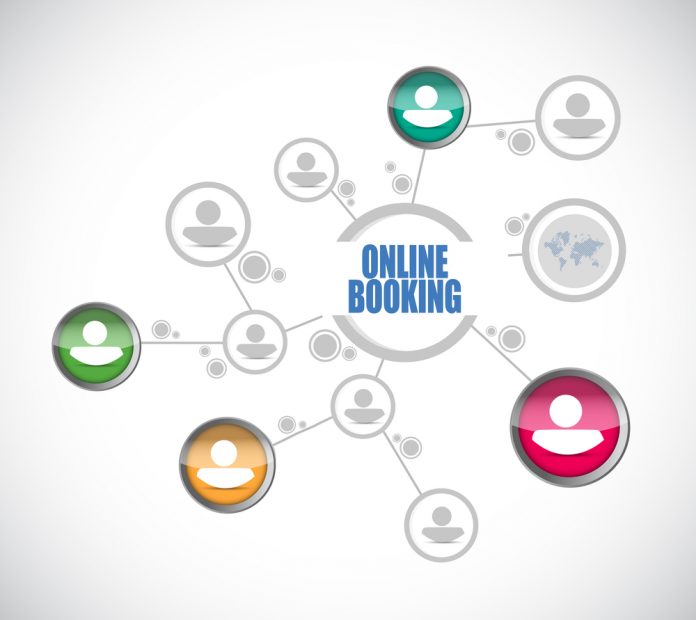The Ultimate goal for hotel owners and marketers is to get would-be travellers to go from their website to their booking engine and actually book a stay at their property, rather than simply browsing what’s on offer.
However, it’s important to remember that even once you reach this Holy Grail situation, bookings can still be abandoned if people don’t like what they see at the hotel booking engine stage. Not all such tools are created equal and if yours doesn’t look the part, it’s possible that travellers might think your hotel is below par too. So, what features are necessary and/or desirable when it comes to booking engines? How can you ensure a seamless experience that leaves you with happy prospective guests and revenue in your pocket?Here are a few must-haves for your hotel booking engine.
1. An obvious ‘book now’ button Calls to action are what tempt people to click through and spend their hard-earned cash, so don’t bury your ‘book now’ button among reams of unimportant text. Make it colourful, clickable and use alluring language like ‘reserve your room now’ so that it’s going to be all but unavoidable for people to press it.
2. Stunning imagery, There is a reason why the saying ‘a picture tells a thousand words’ has proved so enduring: because it’s true. People use images to daydream about where they might travel, so choosing a few beautiful ones that tell the story of your property and the resort in which it is situated can prove truly tempting for would-be guests. Make sure your whole website, including your booking engine, is populated with pictures you have taken (or tasked a professional with) to increase engagement and boost the likelihood of getting people to complete their bookings.
3. A quick, easy booking process, There is little more frustrating than deciding you want to buy something online, only to find that the checkout process is over-long, complicated and unprofessional-looking. The same goes for booking hotel stays – if you have too many steps or parts that the traveller deems unnecessary, they might just not bother and take their custom elsewhere. If you have booking engine software, make sure it facilitates bookings in as few stages as possible and that it looks simple and easy to use.
4. Visual calendars ,Anyone who has ever booked anything online will know that the mind can go completely blank when it comes to dates – when exactly was that week you had booked off work? When do the children go back to school? This can be dangerous for holidaymakers, as it could result in them accidentally booking the wrong nights for hotel stays and then having to change them, potentially at a cost. Help them out by ensuring your hotel’s booking engine offers visual calendars that they can click on to choose their check-in and out dates. You might even be able to use this to offer upsells such as extra meals or additional hours in rooms on the last day.
5. Multiple payment options Once you have got people as far as entering in their credit card information, don’t frustrate them by failing to offer their payment method of choice. Always allow guests to send you their money using a variety of providers – and offer PayPal as a fail safe, because it’s trustworthy and many people now use it for cards that aren’t necessarily widely accepted elsewhere.
6. Different language settings You’ll no doubt want your hotel to be a truly global entity, whether you’re situated in a bustling metropolis or a tiny village. However, even if you know your bookings generally come from within a few miles’ radius of your property, offer your booking engine in a handful of other languages and currencies. That way, if someone from leagues across the sea does come your way, you won’t miss out on their custom just because they don’t speak your lingo.
7. Confirmation after booking,Booking and buying things online can still sometimes feel like a leap of faith, no matter how used we get to cyberspace. But it can be worrying when you enter your credit card information, only to receive no confirmation that your payment has gone through or that your goods or services will be supplied. It’s the same with booking hotel rooms; people want to know that they won’t turn up and find the hotel has no record of them come the time for their holidays. This is where you can help by ensuring your software fires off an automatic email to thank them for their custom and inviting them to review their booking.
8. Online support and a contact number Linked to the step above is the provision of support online and over the phone should your guests need help after using your booking engine. It can be panic-inducing to find that you’ve made a mistake when booking a break, so having someone at the other end of the phone or answering emails and social media posts is essential for good customer service and to allay their fears. It is also good to show that you are contactable even if they haven’t had issues yet, as it demonstrates trustworthiness.
As you can see, there are lots of features you can add to your booking engine to help you stand out from the competition – why not start using some today?







